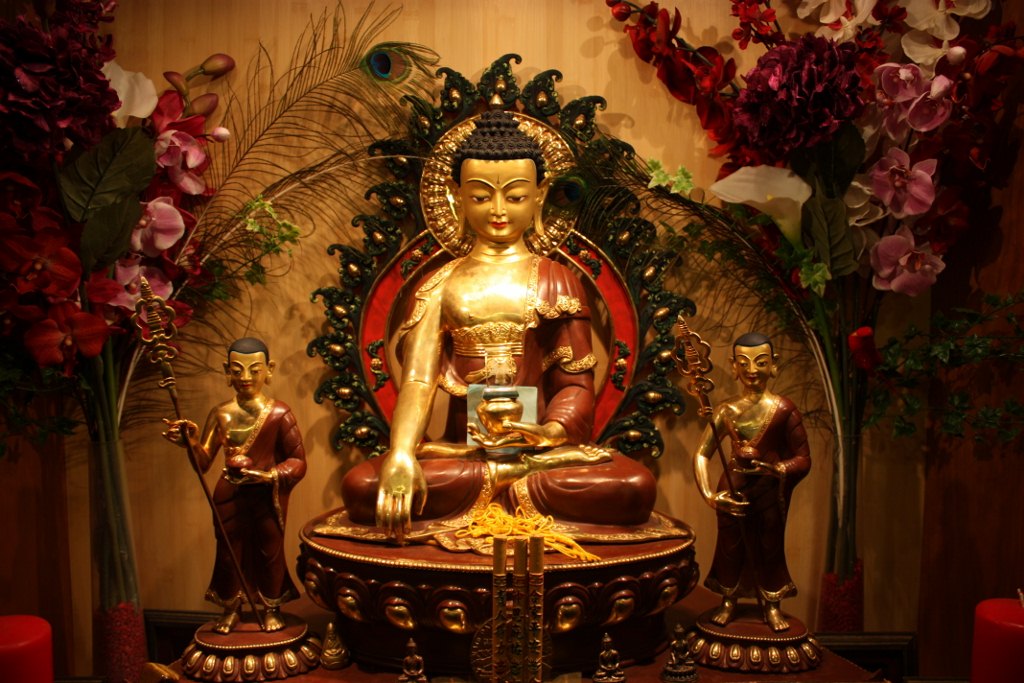
So what is contemplation? It’s a word that Thomas Merton used again and again in his writings and a theme that he spent much of his life exploring.
In New Seeds of Contemplation, he writes this: “Contemplation is the highest expression of man’s intellectual and spiritual life. It is that life itself, fully awake, fully active, fully aware that it is alive. It is spiritual wonder. It is spontaneous awe at the sacredness of life, of being. It is a vivid realization of the fact that life and being in us proceed from an invisible, transcendent, and infinitely abundant source. Contemplation is above all, awareness of the reality of that source. It knows the Source, obscurely, inexplicably, but with a certitude that goes beyond reason and beyond simple faith…It is a more profound depth of faith, a knowledge too deep to be grasped in images, in words, or even in clear concepts…”
Elsewhere in the book, he makes an even stronger statement about the need to go beyond simple answers: “Contemplation is no pain-killer…It is a terrible breaking and burning of idols, a purification of the sanctuary, so that no graven thing may occupy the place that God has commanded to be left empty: the center, the existential altar which simple ‘is.’”
It’s no wonder that Merton found common ground with Buddhists, for this belief certainly resonates with their ideas about the no-self and the need to move beyond the ego. But Merton also grounded his ideas of contemplation firmly in the Christian tradition, recognizing the debt he owed to such spiritual masters as the Desert Fathers of the fourth century and the writers of the Philokalia in the Orthodox tradition.
Most of all, Merton lived his commitment to contemplation, devoting his life to prayer, constantly questioning his prior assumptions about God, and remaining open to inspiration from other faiths. And as he deepened his interior life, he became increasingly alive to the beauties of the world as well as its pain.
In his first book, The Seven Story Mountain, Merton writes that he entered the monastery so that he could become closer to God. As he matured, however, he came to realize that the quest for God can happen anywhere. All of us have access to this rich interior life, this unfolding of what is truly real. All of us can be contemplatives.
In Merton’s words: “Contemplation is also the response to a call: a call from Him Who has no voice, and yet Who speaks in everything that is, and Who, most of all, speaks in the depths of our own being: for we ourselves are words of His. But we are words that are meant to respond to Him, to answer to Him, to echo Him, and even in some way to contain Him and signify Him. Contemplation is this echo.”











